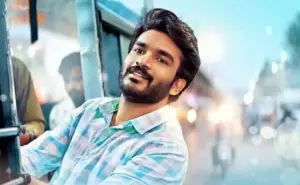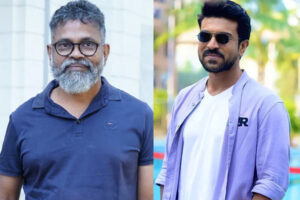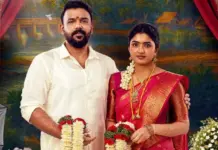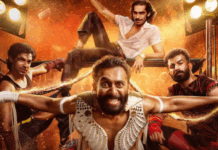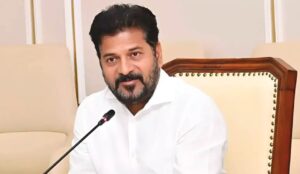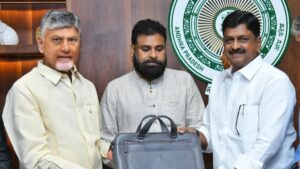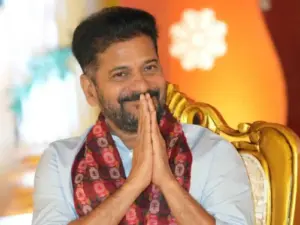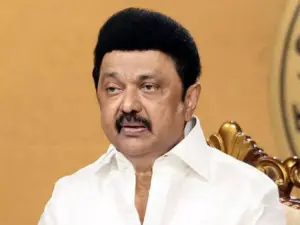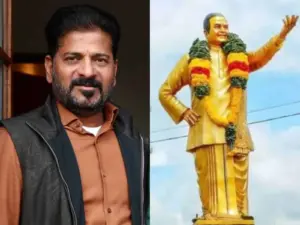On January 9 when Sri Lanka’s President Maithripala Sirisena will begin his second year in office, Prime Minister Ranil Wickremesinghe will move a resolution in Parliament for converting the House into a Constitutional Assembly, marking the formal inauguration of the process of making a new Constitution in the place of the 1978 Constitution. As per the draft text of the resolution that has been hosted on the website of Prime Minister’s Office, the proposed Assembly, comprising all Members of Parliament, would seek the views and advice of the people on a fresh Constitution and prepare a draft one. Once the Parliament adopts the draft Constitution Bill with two-thirds majority, the Bill will be sent to Provincial Councils for opinion and eventually, tested through referendum for the approval of people.
Asked how long it would take for the new Constitution to be adopted, Rajitha Senaratne, Cabinet spokesperson, replied that “we have promised that the present system [Constitution] will continue till the present President is there [in office]. Before he exits, we have to change the Constitution.” To a query whether this meant that the process would go on for four years? Dr. Senaratne’s answer was: “You can’t say that. If people respond positively, then there is no problem.” Panel of 24 to get submissions He added that the Cabinet, at its meeting on Wednesday, decided to have a committee of 24 persons to get submissions from the people all over the country. The committee would be split into eight teams of three persons so that each team visited three districts. There would be another committee for obtaining the views of the public, using the print and electronic media.
Public consultation The Cabinet spokesperson added that “for the first time [in Sri Lanka], a Constitution is going to be framed with the consultation of people.” Though the country adopted Constitutions twice — 1972 and 1978 — many experts including Jayampathy Wickramaratne are of the view that the public participation was negligible on both occasions. Dr. Wickramaratne, in his talk on the occasion of Constitution Day of India recently, said the 1972 and 1978 Constitutions were “imposed” by the political formation in power. While the Sri Lanka Freedom Party-led United Front had two-thirds majority in the Parliament in 1972, the United National Party had five-sixths majority six years later, he added. Growing clamour A survey taken by the Centre for Policy Alternatives among during October-December revealed that 53.4 per cent of Sri Lankans agreed that the Constitution should be changed to produce a political solution to the country’s ethnic problem. Two years ago, only 39.9 per cent of the people favoured the change.
Recent Random Post:


